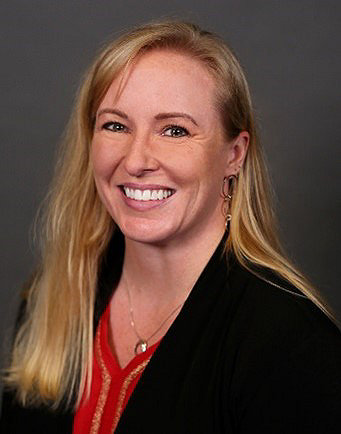Lightening the Load: Unpacking Cognitive Overload
Today, roughly 80% of medical-device user errors occur due to cognitive overload. In addition, persistent cognitive overload contributes to fatigue, burnout, and practice dissatisfaction among nurses and other clinical team members. Hospital systems and clinical leaders are challenged with creating environments and systems to help lift some of the burden placed on healthcare professionals. In this course, we'll discuss system wide solutions to address these challenges, and in particular, how technology can play a pivotal role in lightening the load, and the positive impacts these changes have on nursing wellbeing, and patient care.
Course Objectives:
- The three different types of cognitive load
- The factors that contribute to cognitive overload
- How a heavy cognitive load impacts nurses and patients
- Solutions to address cognitive overload
- How technology can help lighten the load

Register now to watch the webinar!
Presented by:

Liz Boehm
Executive Strategist, Stryker
